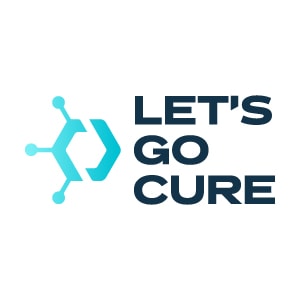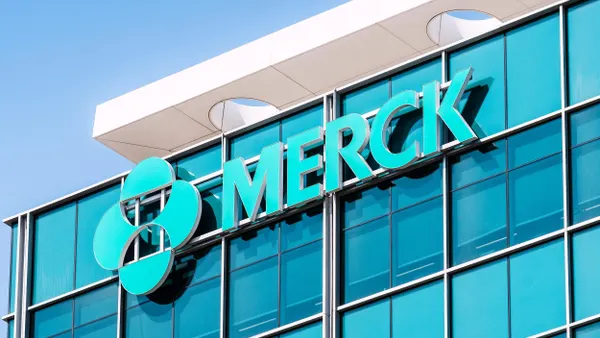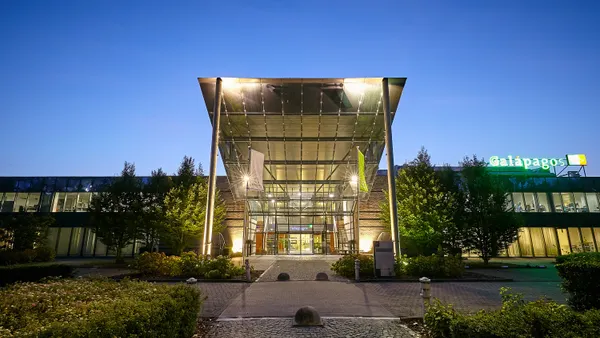Dive Brief:
- Auris Medical Holding AG on Tuesday disclosed during its third quarter earnings announcement that it will discontinue early a Phase 3 study of its hearing loss drug candidate due to a failure in another late-stage trial
- That other study, known as HEALOS, did not meet its primary efficacy endpoint of improving hearing in patients who experienced profound and sudden deafness, the Swiss biotech revealed.
- Auris plans to discuss results of HEALOS with regulatory authorities and determine a pathway forward. While HEALOS failed, Auris believes the drug, called AML-111, could help a subpopulation with a hearing threshold of 90 decibels or higher.
Dive Insight:
The HEALOS trial tested AML-111 in patients with sudden and severe deafness, comparing two doses of the drug to placebo. Neither dose showed a statistically significant improvement in hearing loss. Even so, Auris argues there was a statistically significant and clinically meaningful improvement in one subpopulation of the study.
Patients given the 0.4 mg/mL dose improved by a mean value of 38.4 dB, compared to a mean improvement of 36.6 dB for patients on the 0.8 mg/mL dose and a 33.4 dB benefit for those on placebo.
A post-hoc analysis showed patients with "profound hearing loss," or a mean hearing threshold of 90 dB or higher, saw an improvement of 42.7 dB at day 28 when taking the 0.4 mg/mL dose.
Due to the negative results in HEALOS and the similar trial design in ASSENT, Auris decided to end the other study early since it will likely produce the same results.
The failure leaves the company at an impasse. It will have to work with medical authorities to determine whether the drug is worth pursuing further and, even so, the commercial potential would be limited due to a likely smaller patient population.
Compounding the trouble, the company also announced that its Chief Medical Officer, Thomas Jung, will be leaving the company "to pursue a new career opportunity." Jung just joined Auris in 2016.
Share of the company dropped 49% in morning trading to trade below $1 per share.













